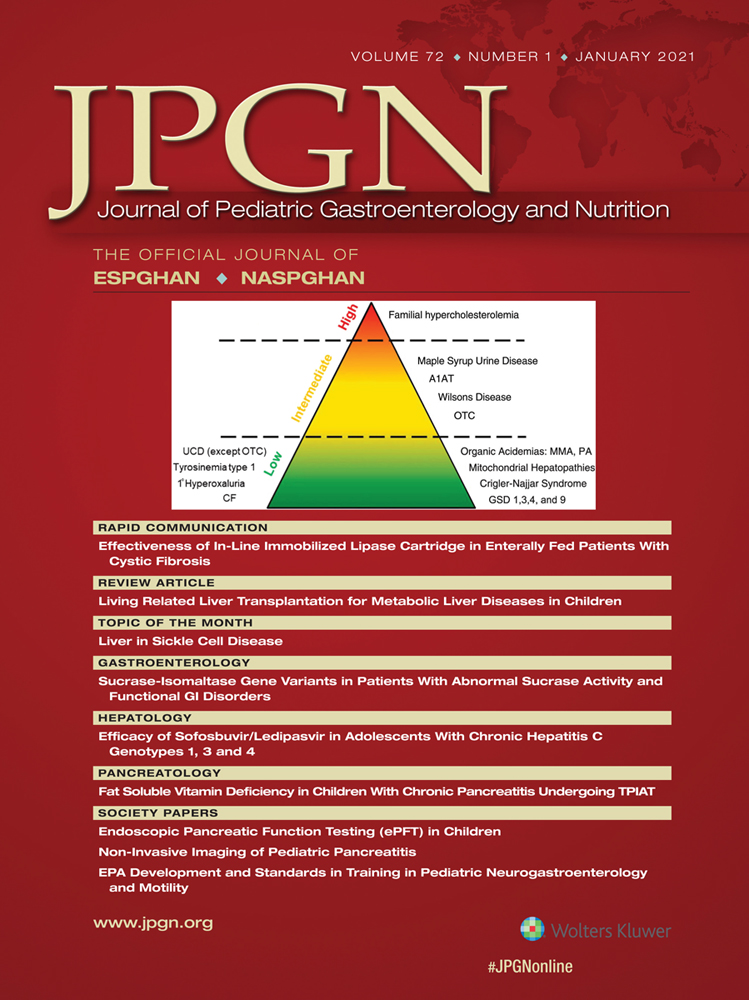Anti-TNF-α Therapy Exerts Intestinal Anti-inflammatory and Anti-apoptotic Effects After Massive Bowel Resection in a Rat
Supplemental digital content is available for this article. Direct URL citations appear in the printed text, and links to the digital files are provided in the HTML text of this article on the journal's Web site (www.jpgn.org).
The authors report no conflicts of interest.
ABSTRACT
Objectives:
The aim of this study was to examine the effect of massive small bowel resection on proinflammatory cytokine intestinal expression and the effect of anti-TNF-α antibodies (ATA) on intestinal inflammation, epithelial cell turnover, and intestinal adaptation after bowel resection in rats.
Methods:
Male Sprague-Dawley rats were divided into 4 experimental groups: Sham-rats underwent bowel transection; Sham-ATA rats underwent bowel transection and were treated with ATA; SBS-animals underwent 75% bowel resection; and SBS-ATA rats underwent bowel resection and were treated with ATA similarly to Group B. Parameters of intestinal adaptation, enterocyte proliferation, and apoptosis were determined at sacrifice. TNF-α and apoptosis-related gene and protein levels were determined by Illumina's Digital Gene Expression (DGE) analysis, Real Time PCR, Western blotting, and immunohistochemistry.
Results:
From 25 genes related to TNF-α signalling that were investigated, 8 genes in the jejunum and 10 genes in the ileum were found to be up-regulated in resected versus sham animals. SBS rats demonstrated a significant increase in tissue and plasma TNF-α, IL-6 levels, intestinal mucosal TNF-α related gene expression, and microscopic parameters of inflammation. Treatment of resected animals with ATA resulted in a significant decrease in TNF-α levels, intestinal mucosal TNF-α-related gene expression, decreased number of intraepithelial lymphocytes and macrophages, and lower apoptotic index compared with SBS animals.
Conclusions:
In a rat model of SBS, ATA decreased plasma and tissue TNF-α levels, diminished mucosal inflammation, and inhibited cell apoptosis. Anti-apoptotic effects of ATA appear to be associated with an inhibited extrinsic apoptotic pathway.




